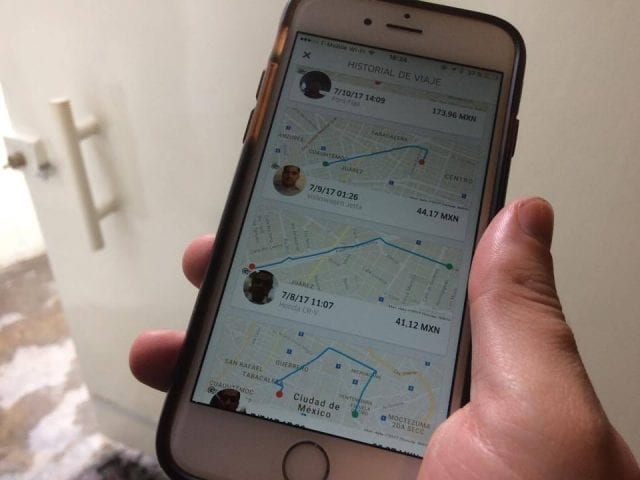The highest court in Massachusetts has determined that Uber cannot force customers into arbitration.
According to The Boston Globe¸ Uber had required prospective passengers to consent to an online agreement before using the rideshare application. That agreement—which most consumers are not likely to have read or understood—waived passengers’ right to file a lawsuit against the company.
However, the Massachusetts Supreme Judicial Court said Uber did not adequately inform consumers of what, exactly, they were signing away when they agreed to the application’s terms and conditions.
“Uber cannot enforce the terms and conditions against the plaintiffs, including the arbitration agreement at issue here,” Justice Scott L. Kafker wrote.
ArsTechnica notes that the lead plaintiff, Christopher Kauders, is legally blind. When he signed up for Uber several years ago, he was directed through three information-filled screens. One, entitled “Link Payment,” offered users various ways to pay for their Uber rides. But at the bottom of that page was a message which stated, “by creating an Uber account, you agree to the Terms and Conditions and Privacy Policy.”

While users could click on a link to view each respective set of rules and expectations, they were not actually required to look through either.
At no point, says ArsTechnica, did Kauders have to click a button saying “I Agree” to continue creating his Uber account.
Kauders had initially sued Uber after multiple drivers refused him service, due to Kauders being accompanied by a registered service dog.
A lower court had, in 2018, ordered that Kauders’ case be sent to arbitration. But an adjudicator sided with Uber, saying that the company’s over-the-road workers are independent contractors. Consequently, Uber cannot be held responsible for their refusals.
However, Kauders’ attorneys appealed the earlier court decision, arguing that Kauders had never actually agreed to waive his right to litigate.
And the Massachusetts Supreme Judicial Court has since sided with Kauder’s team.
“Uber’s terms and conditions did not constitute a contract with the plaintiffs,” the justices wrote, opining that it was “by no means obvious that signing up via an app for ride services would be accompanied by the type of extensive terms and conditions present here.”
“Indeed,” the court said, “certain of the terms and conditions may literally require an individual user to sign his or her life away, as Uber may not be liable if something happened to the user during one of these rides.”
The bench observed that Uber requires its contactors to agree with its terms and conditions for drivers before they commence work. In fact, Uber makes drivers hit a big button saying “YES, I AGREE” on at least two separate screens.
“The contrast between the notice provided to drivers and that provided to users is telling,” the justices said. “As Uber is undoubtedly aware, most of those registering via mobile applications do not read the terms of use or terms of service included with the applications.”
“The touchscreens of Internet contact law must reflect the touchstones of regular contract law.”
Sources
Court says Uber can’t hold users to terms they probably didn’t read
SJC: Uber’s online contract failed to make clear to consumers what rights they were surrendering


Join the conversation!